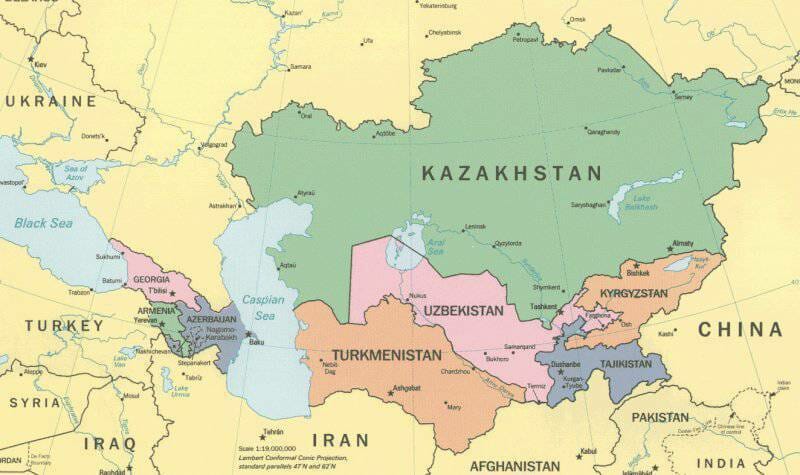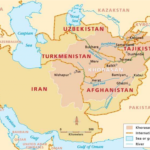The United States’ haphazard withdrawal from Afghanistan and the immediate capture of Kabul by the Afghan Taliban was the final nail in one of the most costly and unneeded wars, and a returned Afghanistan to terrorism & created regional insecurity for neighboring countries. In return for billions spent, thousands of lives sacrificed and billions in damages, the United States left Afghanistan without delivering justice to the American people or democracy to the Afghan people.
It is clear that the Pentagon, and White House have not learned any lessons from Vietnam.
Some have chosen to blame Pakistan for their support of the Afghan Taliban against the US and its coalition forces, but that would be another mistake. Pakistan is not interested in US interests in the region, because the US is not interested in Pakistan’s interests in the region.
It really is as simple as that – no country in the world will sacrifice their own interests for the interests of another. Pakistan, in this case, had seen what happened after the Soviet collapse in Afghanistan in 1989, they were sanctioned. They were punished for supporting the United States against their Cold War enemy. The Soviet Union was not Pakistan’s enemy until it was standing on their border in Afghanistan attempting to decide whether invading Pakistan was a viable option for them.
Some will like to quote the late Lieutenant General Hamid Gul’s, former Director General of Pakistan’s Inter-Services Intelligence (ISI) service, when he said “First, we beat the Soviet Union in Afghanistan with the Americans help. Now, people will say that we beat the Americans in Afghanistan with the Americans help.”
Afghanistan was left defenseless against the terror groups that had found safe haven during the United States invasion. The United States withdrawal from Afghanistan seemed more like a get-away than a formally planned military withdrawal. Military hardware was made non-functional, but a great deal was left behind for the Afghan Taliban, foreign fighters, insurgency groups to pick and choose from, a great deal with sold to US enemies.
The lesson that hasn’t been learned by the Central Intelligence Agency (CIA), MI6, Mossad, Research and Analysis Wing (R&AW), Inter-Service Intelligence (ISI) and many other intelligence agencies is now being experienced by the Afghan Taliban.
You can create a monster to fight your opponent,
but what do you do when the monster escapes your control?

Regional Insecurity from Afghan Soil
Syed Khalid Muhammad, the Founder and Executive Director of CommandEleven, brings over three decades of leadership experience, guiding organizations globally in the realms of security, technology, marketing, and management. Notably, he authored "Agency Rules: Never an Easy Day at the Office," a pioneering espionage novel published in 2013. This novel holds historical significance as the first English-language espionage novel written by a Pakistani, achieving international bestseller status and currently available on Amazon.
Furthermore, Syed Khalid Muhammad has made notable appearances on several international TV channels, providing insightful analysis on security and geopolitics.
Since the establishment of CommandEleven in 2015, Khalid has expanded his expertise to encompass analysis, risk and threat assessment, and consultancy in the fields of terrorism, counter-terrorism, counterintelligence, geopolitics, and cognitive warfare. Within CommandEleven, he has successfully cultivated a comprehensive human and electronic intelligence network spanning the Indian subcontinent. Continuously growing, this network extends into various conflict zones globally, providing CommandEleven with actionable, real-time intelligence that forms the foundation of its analytical endeavors.
CommandEleven currently serves multiple clients, including corporate giants, by assisting them in analysis related to security, threat assessment, and threat mitigation strategies in Pakistan and Afghanistan.








